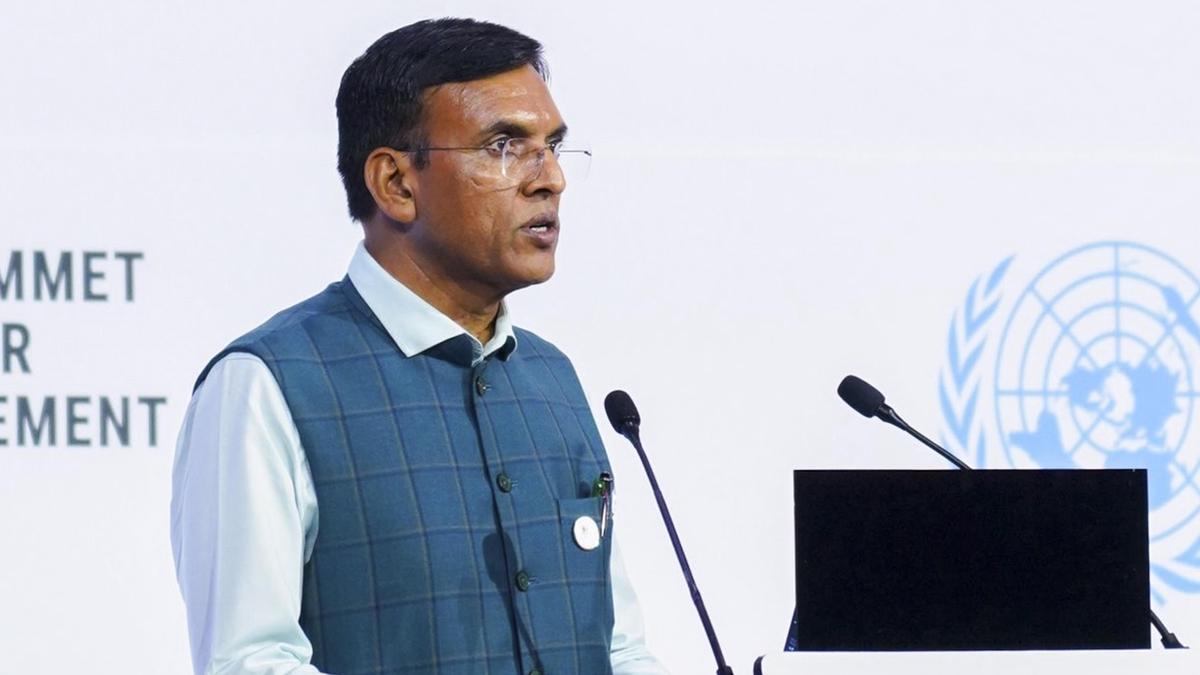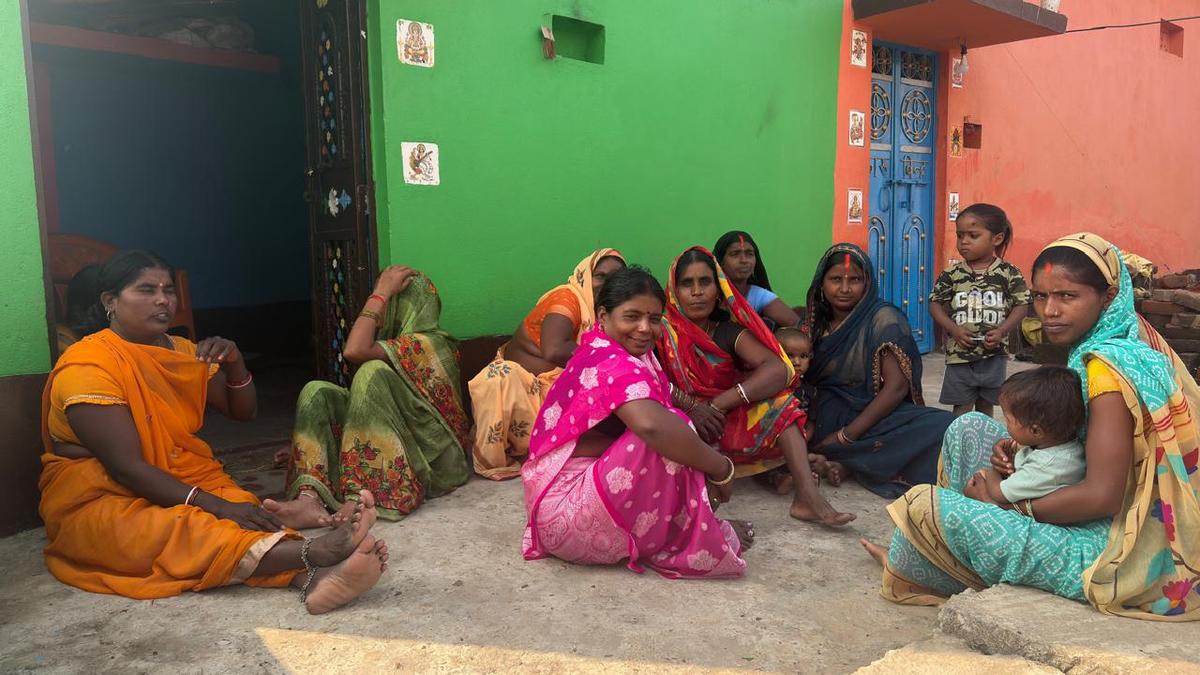With the ward delimitation notification for the Greater Bengaluru Authority (GBA) still pending, senior officials say the entire preparatory process for elections under the new civic authority has come to a standstill. The notification, which was expected on November 1, has not been released yet and officials now say it is unlikely to come this week either.
This has created a ripple effect across all subsequent stages, from staff training, boundary verification, to voter list computerisation, with officials pointing out that the entire timeline for activities may have to be pushed further now.
The delay stems mainly from internal disagreements within the government over aspects of the ward delimitation exercise, including boundary alignments and ward-wise population ratios, which have slowed down the final approval process, officials point out.
Calendar of events
According to the calendar of events drawn up by the State Election Commission (SEC), the preparatory activities were scheduled to begin immediately after the notification. The first phase involved training Electoral Registration Officers (EROs), Assistant EROs, and Booth Level Officers (BLOs) between November 1 and 3. These sessions were meant to familiarise officials with the process of creating ward-wise voter lists and preparing the “From-To” matrix, which links each voter record to its respective polling part, officials said.
Following this, from November 4 to 8, officials were to conduct field visits to households located along the edges of ward boundaries, a senior official said, adding that this is one of the most crucial steps in delimitation-linked electoral work, as it ensures that residents of a single household or family are not split across two different wards -- a common error that occurs when new boundaries are drawn.
Once these physical verifications were completed, the next stage, scheduled between November 9 and 11, involved compiling all verified data into structured matrices and preparing the corresponding header pages for digital entry. Thereafter, between November 12 and 21, the plan was to print the first checklist of ward-wise voter rolls, which would then undergo correction and verification to remove duplicate or missing entries.
The entire exercise was designed to culminate in the publication of draft ward-wise electoral rolls by December first week, followed by a period of claims and objections until late December, and the final publication of the rolls on January 29, 2026. These timelines were crucial for keeping the city’s long-pending civic polls on track.
Every step in the chain frozen
However, officials admit that the absence of the delimitation notification has frozen every step in the chain. While training could theoretically be conducted in advance, no physical verification or ward-wise data reorganisation could begin without clearly defined boundaries, one of the corporation commissioners told The Hindu, adding, “If we had started on November 1, the schedule was manageable. Now, every day of delay pushes the rest forward,” he said.
“The delay has caused a cascading impact on the entire voter list computerization and printing schedule, pushing Bengaluru’s first elections under the new GBA framework further down the line and leaving civic officials working against a shrinking timeline,” the senior official further added.
The delay, however, has been defended by some government officials on technical grounds, with officials citing the late submission and compilation of caste survey data as the primary reason for seeking additional time. The officials have maintained that both delimitation and ward reservation depend on accurate caste-wise population figures, and that reconciling this data has taken longer than expected.
Meanwhile, GBA officials point out that the government could have gone ahead with the ward delimitation independently, using existing demographic data and previous electoral rolls, while updating reservation categories later once the caste survey figures were finalised. Instead, the state has chosen to link both processes -- delimitation and reservation to the delayed caste survey, stalling the entire timeline.

 1 hour ago
4
1 hour ago
4










 English (US) ·
English (US) ·